
Protecting Your Content From Copyright Infringement
September 28, 2022
How to protect your Intellectual Property?
December 16, 2022What is Intellectual Property?

What is Intellectual Property? Assets are properties or resources owned by an individual or a business. Some assets are tangible, and there are ones that are not physical which are called intangible assets.
An example of this asset is intellectual property which is very important in protecting the rights or ownerships of artists, investors, designers, and other individuals who are the original creator of those creations of the mind.
To know more about intellectual property, especially in Singapore, read this article up to the end.
Table of Contents
What is Intellectual Property?

Intellectual property is owned exclusively and protected legally by a person or company from other users and external use or the implementation of their creations without their consent.
It consists of various types, such as patents, trademarks, and copyrights. Intellectual Property rights are the exclusive rights given to individuals over the creations of their minds. These rights are granted to creators or investors for a certain period.
Intellectual Property in Singapore
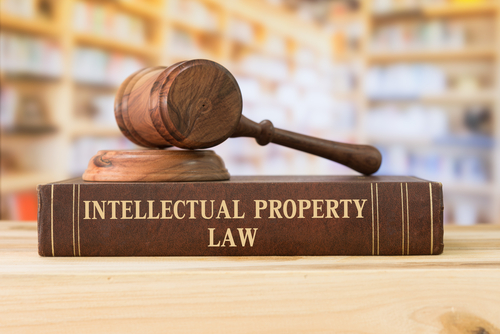
Intellectual property refers to the creations of a person or group of people wherein the government recognizes these exclusive rights. In Singapore, patent, copyright, and trademark are the three mechanisms by which Intellectual Property rights can be registered.
Patents are intellectual properties coming from inventions such as inventive designs or processes. Original creations, such as the product of writers or artists in literature, musical composition, performance, or any form of art are protected by copyright rights.
For businesses, trademarks give them exclusive rights to the logo, symbol, or name they use to create their products or services. IP owners can sell or license these rights for a profit.
Patent Law
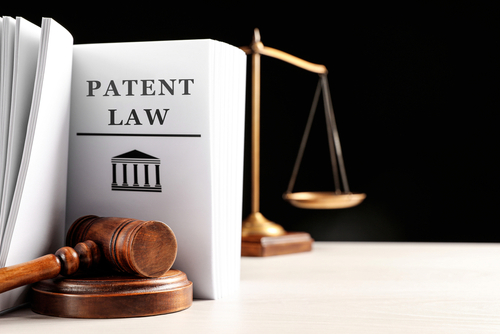
This patent right is an exclusive right given to invention owners. It prevents others from using, making, selling, or importing original inventions without their consent.
In Singapore, the validity of the patent is for 20 years as long as the owner continues paying the renewal fees annually. Once the owner registers his invention, he can either exclusively uses the patent, sells it to others, or license it. If you approve a patent, this can earn you a lot of money.
Criteria Require For Patent in Singapore
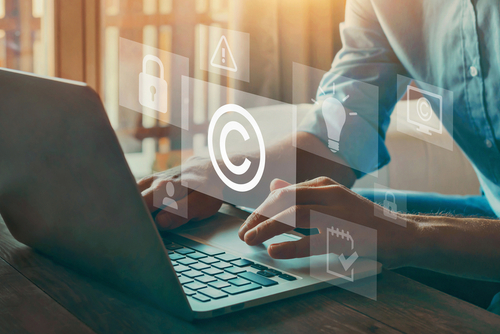
The criteria required for a design or process to be granted a patent in Singapore are the following:
- Originally New. It must not be known publicly anywhere within the country and anywhere in the whole wide world.
- Inventive. Even if the process or design is new, it must not be evident to someone with technical knowledge or skills in that field. Rather, it must be an improvement.
- Industrial Application. It must have a practical or helpful application.
The country won’t grant patents to inventors having inventions that encourage immorality, offensive, anti-social activities, or inappropriate behaviors if it pertains to the treatment or diagnosis of the animal or human body.
How To Register for Patents in Singapore?

You can either register for patents in either one of these two ways.
1. Domestic Application. If you have inventions and want to apply for a patent in Singapore, you need to apply in person or online with the Intellectual Property Office of Singapore (IPOS).
2. International Application. Suppose you want to apply for patents in many countries. You can do this under the PCT or Patent Cooperation Treaty using the Registry of Patents in Singapore as the receiving office.
Once the patent is registered, it can be infringed. These are the following acts that are not considered infringement:
- conducted for experimental purposes only
- done in private and for non-commercial purposes
- pertains to medicine extemporaneous preparation
Copyright Law
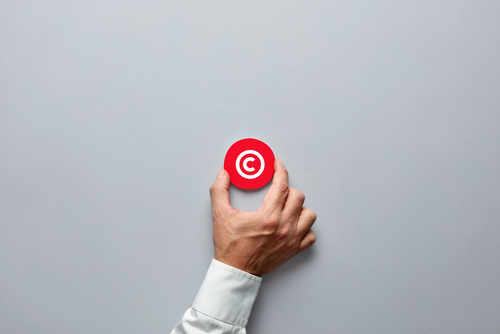
This copyright law in Singapore original works such as films, novels, sheet music, paintings, computer programs, and performances. The artist, performer, or author of the copyrighted materials has the owned right to perform, publish, adapt, or broadcast the work.
He has the choice to assign some part or all of his copyrighted works to others. But if he wants it to be licensed to other people, it does not need to be in writing and can be non-exclusive or exclusive.
How Does It Work?

Unlike patents, copyright in Singapore has no registration process. If a dispute happens over work ownership, a person must signify that he was the one who created it first.
To have proof or documentation for this, artists or authors mail a copy of their work to themselves or an attorney. If you can see the symbol of the small letter c enclosed by a circle, it signifies that copyright exists.
Copyright Infringement
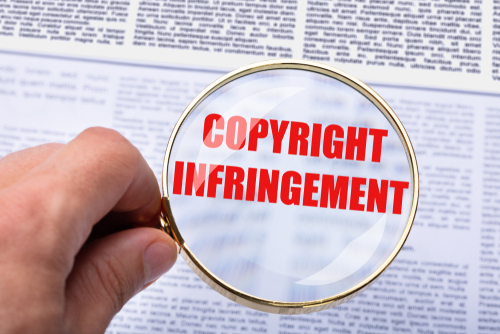
This right is infringed if, aside from the owner, someone publishes, reproduces, adapts, performs, copies, broadcasts, or shows the work.
If a person uses dramatic, literary, artistic, or musical works or any performance in public, including online, you must give credit to the original creator. But this obligation doesn’t apply if the work is only used for exempted reasons and if the creator’s identity is unknown. These are not infringements if the individual:
- Reproduces or uses a part of the work for research purposes like having a review or making critiques on it or for reporting news purposes that fall under fair use legality.
- includes an incidental part in a program or film
- use these works in public places
- reproduces these works for professional simulcast or advice, and judicial proceedings
- for data analysis
- for educational purposes
Trademark Law
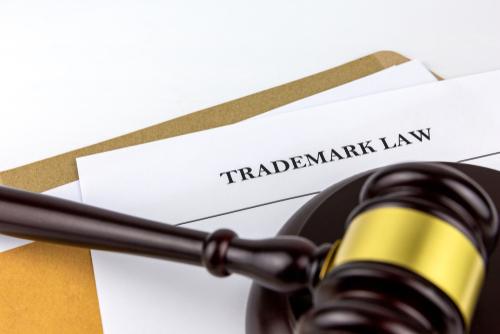
The Trade Marks Act protects trademarks in Singapore. Trademarks help to protect your brand name or logo by preventing others who sell the same products or services from using your trademark.



